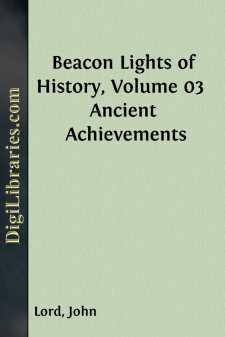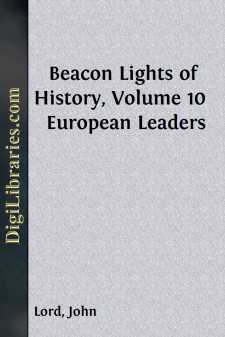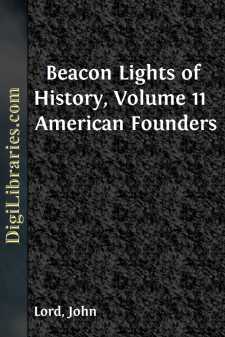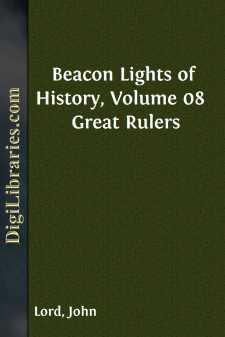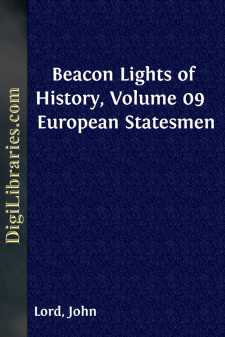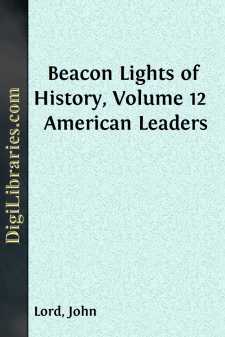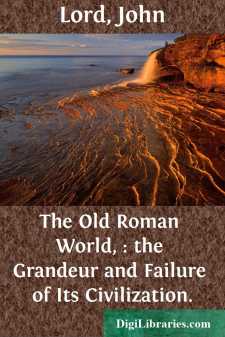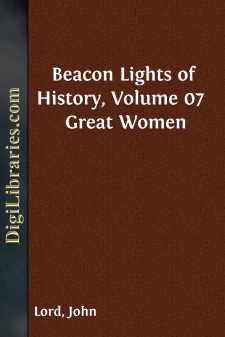Categories
- Antiques & Collectibles 13
- Architecture 36
- Art 48
- Bibles 22
- Biography & Autobiography 816
- Body, Mind & Spirit 145
- Business & Economics 28
- Children's Books 18
- Children's Fiction 14
- Computers 4
- Cooking 94
- Crafts & Hobbies 4
- Drama 346
- Education 58
- Family & Relationships 59
- Fiction 11831
- Foreign Language Study 3
- Games 19
- Gardening 17
- Health & Fitness 34
- History 1378
- House & Home 1
- Humor 147
- Juvenile Fiction 1873
- Juvenile Nonfiction 202
- Language Arts & Disciplines 89
- Law 16
- Literary Collections 686
- Literary Criticism 179
- Mathematics 13
- Medical 41
- Music 40
- Nature 179
- Non-Classifiable 1768
- Performing Arts 7
- Periodicals 1453
- Philosophy 66
- Photography 2
- Poetry 897
- Political Science 203
- Psychology 45
- Reference 154
- Religion 516
- Science 126
- Self-Help 86
- Social Science 82
- Sports & Recreation 34
- Study Aids 3
- Technology & Engineering 59
- Transportation 23
- Travel 463
- True Crime 29
Our website is made possible by displaying online advertisements to our visitors.
Please consider supporting us by disabling your ad blocker.
Beacon Lights of History, Volume 03 Ancient Achievements
by: John Lord
Description:
Excerpt
Whatever may be said of the accuracy of the great geographer of antiquity, it cannot be denied that he was a man of immense research and learning. His work in seventeen books is one of the most valuable that have come down from antiquity, both from the discussions which run through it, and the curious facts which can be found nowhere else. It is scarcely fair to estimate the genius of Strabo by the correctness and extent of his geographical knowledge. All men are comparatively ignorant in science, because science is confessedly a progressive study. The great scientific lights of our day may be insignificant, compared with those who are to arise, if profundity and accuracy of knowledge be made the test. It is the genius of the ancients, their grasp and power of mind, their original labors, which we are to consider.
Thus it would seem that among the ancients, in those departments of science which are inductive, there were not sufficient facts, well established, from which to make sound inductions; but in those departments which are deductive, like pure mathematics, and which require great reasoning powers, there were lofty attainments,--which indeed gave the foundation for the achievements of modern science.
AUTHORITIES.
An exceedingly learned work (London, 1862) on the Astronomy of the Ancients, by Sir George Cornewall Lewis, though rather ostentatious in the parade of authorities, and minute on points which are not of much consequence, is worth consulting. Delambre's History of Ancient Astronomy has long been a classic, but is richer in materials for a history than a history itself. There is a valuable essay in the Encyclopaedia Britannica, which refers to a list of special authors. Whewell's History of the Inductive Sciences may also be consulted with profit. Dunglison's History of Medicine is a standard, giving much detailed information, and Leclerc among the French and Speugel among the Germans are esteemed authorities. Strabo's Geography is the most valuable of antiquity; see also Polybius: both of these have been translated and edited for English readers.
MATERIAL LIFE OF THE ANCIENTS.
MECHANICAL AND USEFUL ARTS.
4000-50 B.C.
While the fine arts made great progress among the cultivated nations of antiquity, and with the Greeks reached a refinement that has never since been surpassed, the ancients were far behind modern nations in everything that has utility for its object. In implements of war, in agricultural instruments, in the variety of manufactures, in machinery, in chemical compounds, in domestic utensils, in grand engineering works, in the comfort of houses, in modes of land-travel and transportation, in navigation, in the multiplication of books, in triumphs over the forces of Nature, in those discoveries and inventions which abridge the labors of mankind and bring races into closer intercourse,--especially by such wonders as are wrought by steam, gas, electricity, gunpowder, the mariner's compass, and the art of printing,--the modern world feels its immense superiority to all the ages that have gone before. And yet, considering the infancy of science and the youth of nations, more was accomplished by the ancients for the comfort and convenience and luxury of man than we naturally might suppose.
Egypt was the primeval seat of what may be called material civilization, and many arts and inventions were known there when the rest of the world was still in ignorance and barbarism. More than four thousand years ago the Egyptians had chariots of war and most of the military weapons known afterward to the Greeks,--especially the spear and bow, which were the most effective offensive weapons known to antiquity or the Middle Ages. Some of their warriors were clothed in coats of brass equal to the steel or iron cuirass worn by the Mediaeval knights of chivalry....


